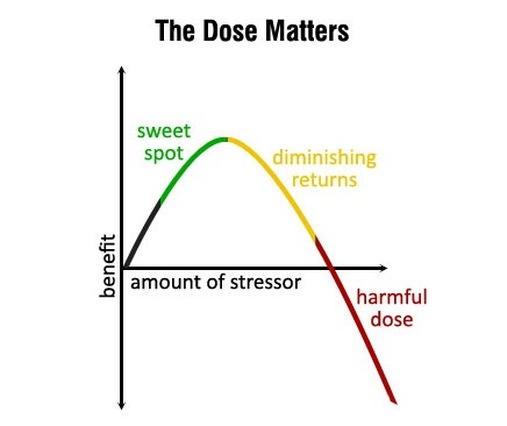Erica Nelson, MSPH, NBC-HWC

Here, at Carolina Total Wellness, we often recommend dietary adjustments to treat a wide variety of symptoms. Many of our patients come to us for guidance, asking ‘What is the healthiest diet?’ And the truth is, the ‘healthiest diet’ is unique to the person eating it.
One patient may get itchy and congested when they eat and need to reduce or eliminate foods that may increase or contain histamines like leftovers and peanuts. Another patient may have intestinal permeability and need to eliminate identified sensitives to gluten, oats and eggs. Yet another may be concerned about their family history of Alzheimer’s disease or cancer and need to make a variety of other adjustments.
Regardless of health status and dietary needs, most of us prefer sharing meals with our friends, family and coworkers over dining alone. Sometimes even a simple lunch can be a source of concern when a well-meaning aunt or friend asks about your ‘crazy diet.’
Over and over again, patients tell me that eating with their families is a barrier to successfully making the adjustments necessary to improve their health. Here are some strategies to enjoy eating the food that nourishes your body with the people that nourish your soul (and even some people that don’t):
Know your why. Get clear on why you are making the changes. And practice your responses ahead of time. When you know exactly what you are trying to accomplish with your food, it is easier to make good choices and much harder for someone else to convince you otherwise.
Have a short ‘elevator pitch’ prepared. Something like, ‘I wasn’t feeling my best recently and, after talking to my doctor, I am focused on eating foods that nourish my body and soul like (name a few key foods you’re enjoying eating.)’ And then mention a positive outcome like. ‘You wouldn’t believe how much better I am sleeping!’
Have at least one person fully in your corner. As part of your preparation for making these changes, make sure you talk to a trusted friend or partner that will be your support-person when the going gets tough. No matter how committed you are to health changes, there will be days when you don’t get enough rest or you have a bad day at the office. On these days, even strong-willed, prepared ‘you’ can have a tough time remembering your ‘why’ and the ‘Can’t you have just one bite?’ question may be coming from inside your own head. On these days, call this person and tell them that you are considering deviating from your plan.
Project confidence. Add a big smile to your ‘No thank you’ and you’re less likely to get pushback or hear ‘Can’t you have just one?’ Know your restaurant order before you go and say it confidently. ‘I’ll have the burger, no bun, no cheese, extra lettuce and the spinach salad on the side, please.’
“Girl (or boy,) stop apologizing.” Rachel Hollis made this phrase famous with her book by the same name. She was right, though. There is no need to apologize for doing what is right for your health and/or sanity. Try replacing ‘I’m sorry’ with ‘Thank you.’ For example, instead of ‘I’m sorry to inconvenience you,’ try ‘Thank you for accommodating for my gluten/dairy/egg/sugar sensitivity.’
Boundaries. Some people have no trouble with the sentence ‘no.’ But for many, it is easier to please the people around you and silently suffer your own consequences later. This can be exhausting and lead to difficulty knowing what you wanted in the first place. Know where your line is and don’t let anyone tempt you to cross it. Remember that everything you say ‘yes’ to is a ‘no’ to something else.
It is okay to make inappropriate people uncomfortable. If, for example, someone makes a comment about your body composition or fertility, it is not only okay to make them uncomfortable, but also brave and good. Saying ‘That’s inappropriate’ could keep them from bestowing their judgement on another undeserving person.
The health coaches at Carolina Total Wellness are here to support you in your personalized health care journey.
Your Partner In Health,
Erica Nelson, MSPH, NBC-HWC










